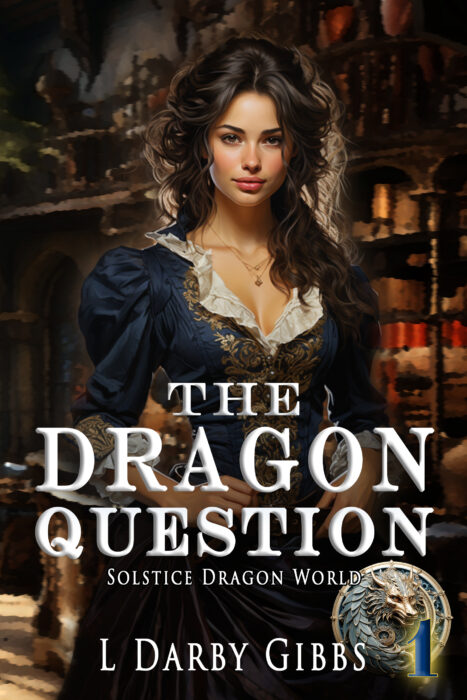No story goes along smoothly for the main character. In fact, how they respond to adversity is how we get attached to the people in the novels we love. If they don’t struggle to get what they need, we won’t want to read to the end. There are innumerable ways for conflict to occur in…
Tag: character motivation
start with something & keep writing What better post to discuss beginnings on than In the beginning…. Where to start the story? Start with any word that comes to mind — the beginning is just that: a place to start. a character talking to another character the character talking to the reader the character talking…
